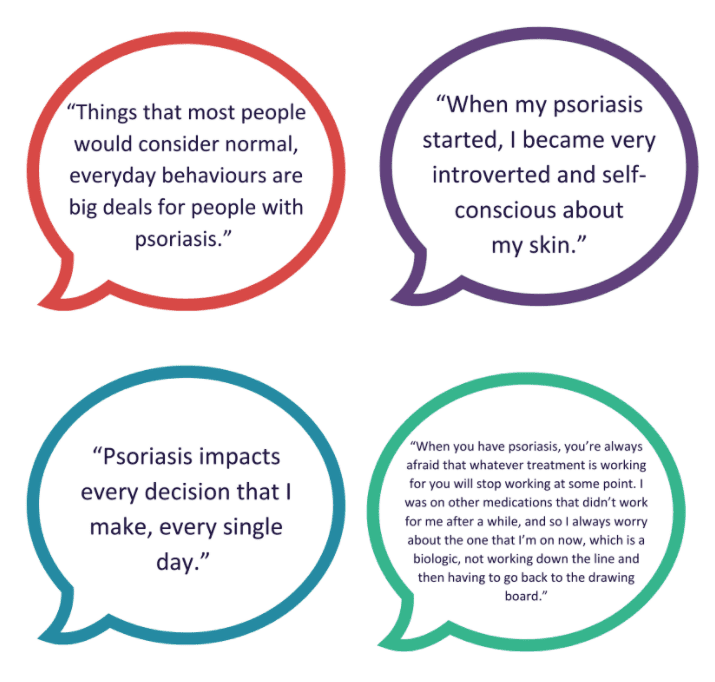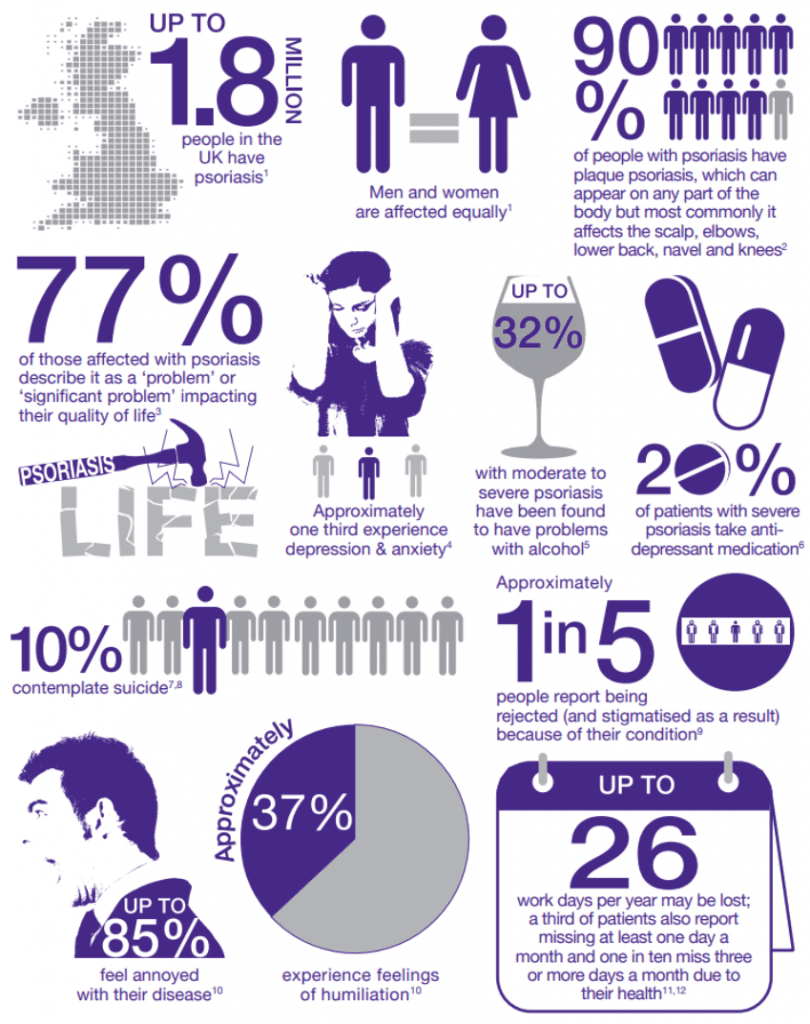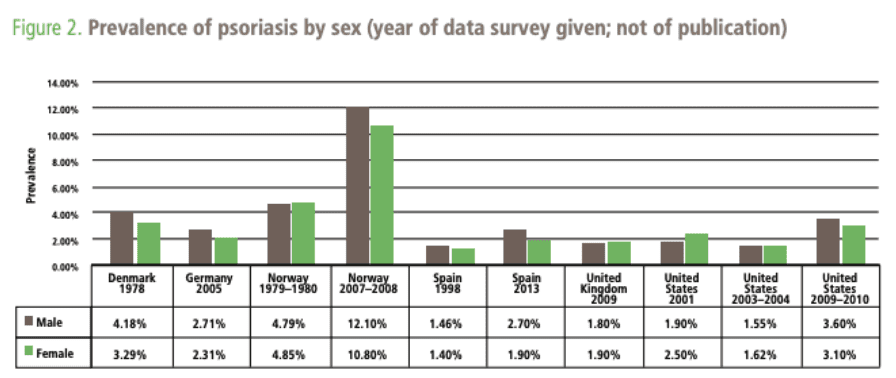Psoriasis Awareness Month
Innovative Trials are passionate about ensuring our diverse population is adequately represented within medical research. Whether it is wanting to see more people from underrepresented communities choosing science as a career and pushing for greater patient diversity in clinical trials or focusing on what we are doing internally to celebrate and promote equality and diversity.
Throughout 2021, we have made a pledge to share our education and experiences with our clients and colleagues, to ensure inclusivity across the board. Each month we will be releasing communications in line with national and international awareness campaigns.
So far in our Awareness series, we have explored: Women’s Health; diversity in Cancer, Heart Disease and Scleroderma, Ovarian and Prostate Cancer, Autism Acceptance,Ramadan and Bowel Cancer, Stroke and Hepatitis, Mental Health, Pride month and Women with Alopecia.
This month, we will be looking into raising awareness for Psoriasis as part of our August Awareness blog series.
What is Psoriasis?
Psoriasis is a common skin condition that speeds up the life cycle of skin cells causing cells to build up on the surface of the skin; these extra skin cells form scales and red patches. Psoriasis is a chronic disease which can flare up or be a constant presence.
What types of Psoriasis are there?
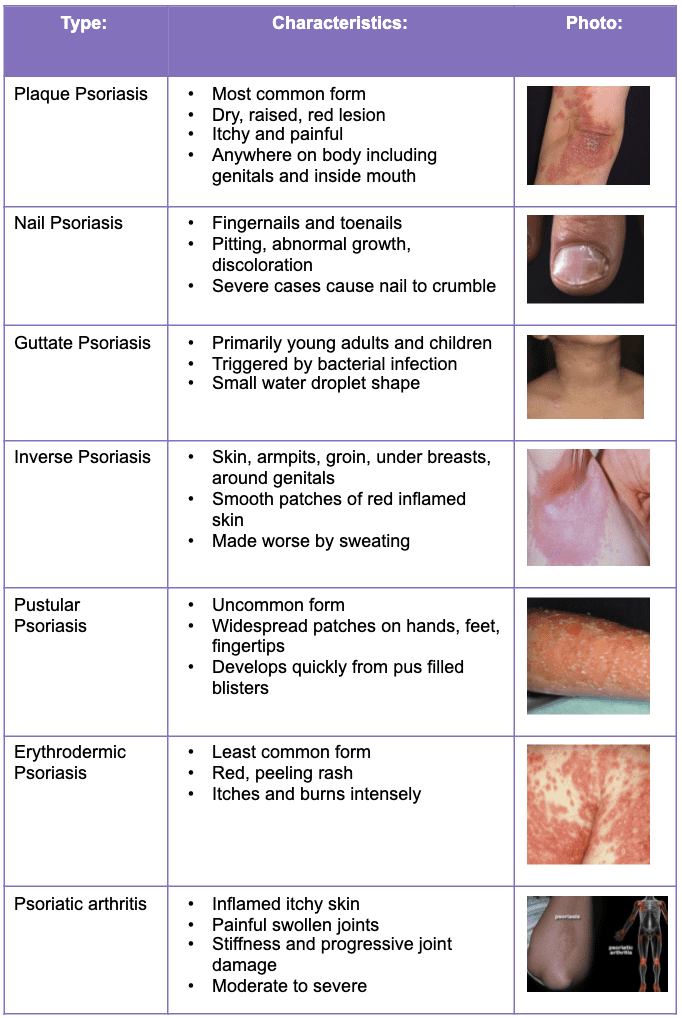
Who is at risk from Psoriasis?
Anyone is at risk from Psoriasis, however there are risk factors which increase your likelihood of developing this condition which are:
- Family history
- Obesity
- Stress
- Smoking
- Medication
- Skin trauma
- Infections
- Extreme cold
- Excess alcohol consumption
Among racial groups, Caucasians are at higher risk of developing Psoriasis; it occurs in about 2.5 percent of Caucasians as opposed to 1.3 percent of African Americans.
Psoriasis appears to occur most commonly in populations of northern Europe and least in populations of eastern Asia. Some studies investigated the ethnic differences in the prevalence of Psoriasis. According to a 2001 study in the United States, people with Caucasian or Black ancestry and others had a prevalence of 2.5%, 1.3% and 1.0%, respectively. In another United States study from 2009–2010 , these differences were higher, with the prevalence for Caucasians, Blacks, Hispanics and others at 3.6%, 1.9%, 1.6% and 1.4%, respectively.
While Psoriasis can develop at any age, it most often appears between the ages of 15 and 25. Researchers believe there is a strong genetic aspect to Psoriasis because one out of three people with the condition has a relative who also has Psoriasis. In addition, if both parents have Psoriasis, their child has a 50 percent chance of also developing the disease.
Those with HIV or those with compromised immune systems are more likely to develop Psoriasis. Children with recurring viral and bacterial infections—particularly strep throat—may be at an increased risk. Because high levels of stress have a negative impact on the immune system, chronic stress may increase the chances of developing Psoriasis as well. Researchers also believe that smoking not only causes Psoriasis to be more severe, but that it also may play a role in the initial development of the disease.
Although some may be at higher risk for Psoriasis, anyone can get it. It may go away for a long period of time and then return. Keep in mind that it’s not contagious, but it is a lifelong condition that requires consistent, controlled treatment from a medical professional.
The impact of Psoriasis
The effect that Psoriasis can have on physical appearance means low self-esteem and anxiety are common among people with the condition. This can lead to depression, especially if the Psoriasis gets worse. [1]
Discrimination
Discrimination against patients with Psoriasis can directly affect their ability to access appropriate health care. In many communities, the belief that Psoriasis is contagious can cause problems for patients in public places, including health-care facilities and pharmacies. Exclusion from work reduces the ability to pay for the requisite health care and inhibits full participation in society in a way that promotes their general well-being and a healthy lifestyle. Public misconceptions about Psoriasis, for example, the myth that it is a contagious disease, results in exclusion of patients from the everyday life of their communities and fosters low self-esteem, depression and even suicide.
Studies [2]
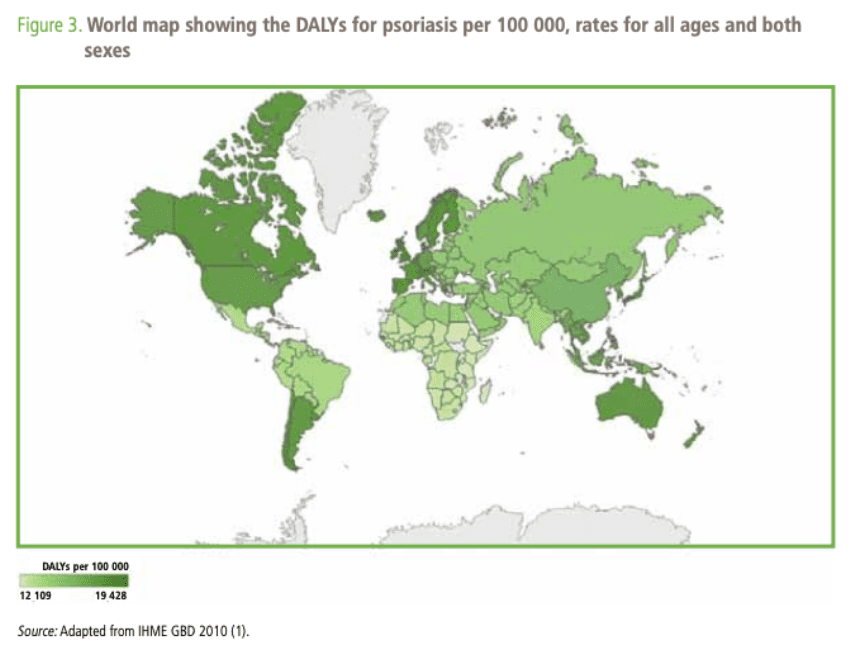
There are currently 497 ongoing studies around Psoriasis (clinicaltrials.gov) happening around the world, looking to improve the lives of patients. Innovative Trials have assisted in the completion of 7+ Psoriasis studies. With new treatments being developed continuously we hope to support more successful studies in the future.
References/ Further Resources:
- [1] See Psoriasis: Look deeper. [online] MentalHealthFoundation.
- [2] Global Report on Psoriasis. [online] WHO. Available at: <https://apps.who.int/iris/bitstream/handle/10665/204417/9789241565189_eng.pdf.psoriasis?sequence=1#:~:text=Psoriasis%20affects%20people%20of%20all,100%20million%20individuals%20affected%20worldwide> [Accessed 17 August 2021].
- https://www.healthline.com/health/Psoriasis/get-involved-national-Psoriasis-awareness-month
- https://clinicaltrials.gov/ct2/show/NCT01107457
- https://www.nhs.uk/conditions/psoriasis/
Equality, Diversity and Inclusion continues to be high on our agenda. We are working behind the scenes to push this forward. Keep your eyes peeled for more.
Find out how we’re working with clients to ensure greater patient diversity in clinical trials.

